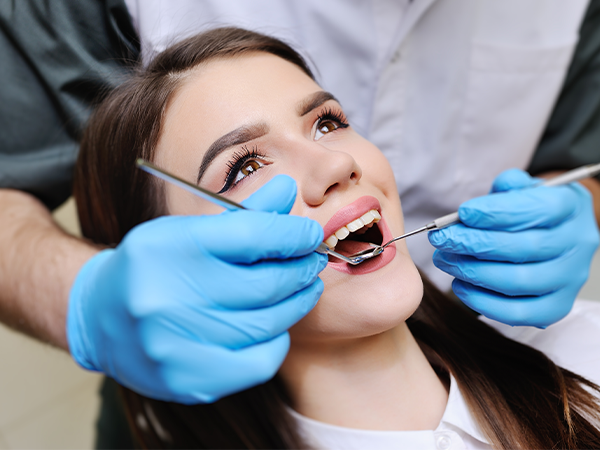
14 Feb What You Need To Know About Toothbrushes
Toothbrushes play an important role in helping maintain our dental hygiene. Children are just as susceptible to infections and cavities as adults. The fact that infants cannot wash their teeth is the only major distinction. As a result, for the first ten years of their lives, parents supervise their child’s dental hygiene. Failure to do it effectively could, in rare circumstances, result in infection and tooth loss.
Do you know how long have toothbrushes been around?
Contrary to popular belief, toothbrushes have been around much longer than you might think. The first toothbrush that we have found dates back to the ancient Egyptians and Babylonians.
What is the right time for your children to start brushing?
At around age 6, a child should begin brushing their teeth. By that time, they need to have developed the dexterity necessary to wash their teeth thoroughly without skipping any areas. However, the parent ought to have started setting a good example as soon as the child’s first tooth emerged to reach this position. It’s normal for children to learn how to properly brush their teeth at approximately the age of nine, so don’t panic if your child takes longer than usual.
Keep in mind that your child’s dental health comes first. Don’t let them clean their teeth alone if you notice that they are unable to do it effectively. If you need expert consulting, visit Capture Life Dental Care – the best dental hospital in Hyderabad.
How Do I Get My Child To Brush His Teeth?
Create a routine and start teaching them by example. Children frequently learn skills by imitating someone else, so set an appropriate example for them to follow. You can achieve this by having your kid be in the room with you while you brush your teeth.
They’ll ultimately begin to imitate your behaviour on their own, and if you’re persistent, they’ll create a habit out of it that will prompt them to brush their teeth even when you don’t remind them to.
When Should You Change Your Toothbrushes?
Consider replacing your toothbrush’s bristles if you see that they are noticeably worn or losing their hardness. A toothbrush loses its shape and stiffness with time, which reduces its effectiveness. You should also think about switching out your toothbrush holder if you recently got sick.
If your child’s toothbrush seems to degrade more quickly than yours, don’t be concerned. When cleaning their teeth, kids typically use more power than is necessary, which shortens the lifespan of their toothbrushes.
Which Toothbrush Is Ideal for Children?
You need to take into account how at ease your child is using the toothbrush when choosing one for them. Look for toothbrushes with gentle bristles.
Your child’s teeth can be cleaned with minimal resistance of the bristles without causing mouth irritation. Purchase a toothbrush that has a small head and handle. A toothbrush with a smaller head can fit more comfortably and move about in a smaller mouth. The handle must also be flexible enough for your child to hold it without difficulty.
How Should I Clean My Toothbrush?
The majority of individuals believe that rinsing their toothbrush with water after each use is sufficient to eradicate and stop the growth of bacteria. In actuality, bacteria can continue to grow on your toothbrush’s handle and bristles long after you’ve rinsed it, and in some rare instances, this might result in infections.
You might try soaking your toothbrush in mouthwash or denture cleanser to avoid this. Just be careful not to boil your toothbrush because doing so could completely deform the plastic instrument. Keep in mind that you should preserve your toothbrush carefully to prevent the growth of additional bacteria and to keep it clean.
Consult the best dental hospital in Hyderabad.
You may get in touch with Capture Life Dental Care if you have any queries about maintaining good oral health for you or your kids.
View this post on Instagram

